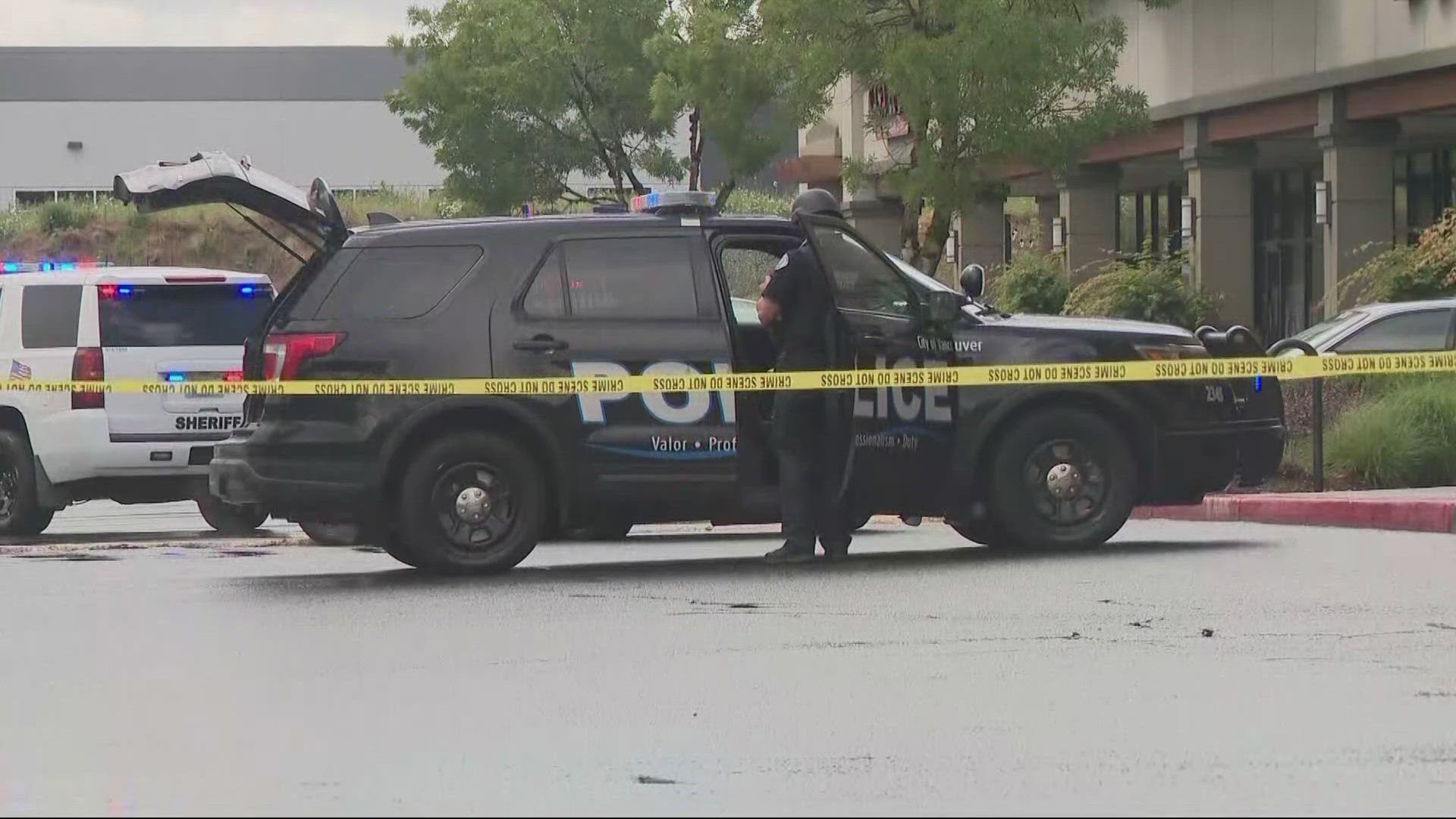VANCOUVER, Wash. — Proposition 4 was the city of Vancouver’s hope to aid the Vancouver Police Department, which has been struggling with staffing.
The department is the second lowest staffed department among Washington cities with over 100,000 people.
The proposition was supposed to fund up to 80 sworn officers, up to 36 non-sworn officers, increase technology like traffic cameras, expand the Homeless Assistance and Resources Team (HART) response and more.
However, the majority of voters have voted against it.
“We’re going to have to find someway to finance the personnel needs for the police department moving forward. We are so abysmally low in our staffing ratios right now, even if nothing else changed right now we’d be low. Our population continues to go up because Washington is truly a great place to live,” said Troy Price, Vancouver’s interim police chief.
Some said the cost was the reason they voted no.
“I thought it was a pretty high amount of money that they wanted, and I don’t know why they chose. I think it was like 80 more officers — I don't know why they didn't say let's try for 30, or maybe give us a choice," said Tom Paulu, a Vancouver resident.
The proposition would’ve been funded by a permanent six year property tax levy lid lift of an increase of five percent annually.
According to the city, it was estimated to raise $15.5 million in the first year and by 2030, it would have raised $36 million.
It would also be funded through a facilities bond in 2026, and a public safety sales tax in 2028 to round out the police’s staffing needs.
Mayor Anne McEnerny-Ogle said with the number of officers for the population being so low and Vancouver’s population steadily increasing — this proposition was a big need.
Now, while she still wants people to stay and feel safe, she said some services will be cut back and she’s asking citizens to do their part as well when it’s safe to.
“We're growing 4 to 5000 people every year in Vancouver. We'll have to take a look at those response times,” McEnerny-Ogle said. We still want people to feel safe and secure in their homes and their businesses, on the street sidewalks of Vancouver — but please call 311 for non emergencies.”
“We're not going to be able to make it in five to six minutes, depending on where our officers are. So we're not going to be able to respond as fast,” she continued.
McEnerny-Ogle and Price said that moving forward, they will work with the county, and check in with voters again about what they want to see to ensure public safety. Whether that’s reducing the amount of officers added, or other changes to what’s presented.
For now, a reduction in certain services is what will happen moving forward.
“Some of our other services that we offer as a police department like our detective units and some of the other things we do, we will pull resources from those areas to make sure that we continue to answer those calls for service,” said Price.
The mayor also explained that the other technological additions and other services added to the proposition isn’t where the majority of money would be going — but instead to the personnel.
“We're not just hiring an officer, we are hiring the officer and all of the gear and all of the work that they may do. Which means the cost for jail, the cost for judge, the cost for courts,” said McEnerny-Ogle.
“An officer, between salary, and the car, and the technology that goes with the officer, and the training, and the court, and jail and everything else. You could get up to depending — $300, $400, $500,000 per officer in that time period,” she continued.
She also clarified that layoffs will not be a part of any of the reductions.
The results on the proposition will be officially certified on Nov. 22.

